
Mark Garlick/Science Photo Library/Alamy
There is something strange about Earth. A few billion years ago, a process started here that we have never seen anywhere else. It completely reshaped the planet’s surface and its carbon cycle, sculpted new landscapes and has kept our home temperate and habitable for billions of years.
That process is plate tectonics, in which Earth continuously subsumes and reforms the slabs of its rocky outer shell. It is thought to be inextricably linked to habitability and perhaps an essential prerequisite for life itself. Without it, our lakes and rivers might have frozen or evaporated, the oceans could have been starved of nutrients and Earth’s climate would probably have veered into unlivable territory long ago. Life would have been in for a rough ride.
At least, that’s the idea. But it is tough to know whether plate tectonics is really crucial to Earth’s verdant ecology, given that we have nothing to compare it with. We know of no other planet that exhibits plate tectonics: among the four rocky planets in our solar system, Earth is the only one to recycle its crust in this way, and we haven’t spotted definitive signs of it beyond our solar system either.
Until recently, this was more or less where the story ended. But now, with the help of the James Webb Space Telescope (JWST), scientists are beginning to explore the geology of rocky worlds beyond our solar system. Finding one with plate tectonics will be a huge ask. But if we succeed, it could be the key to…
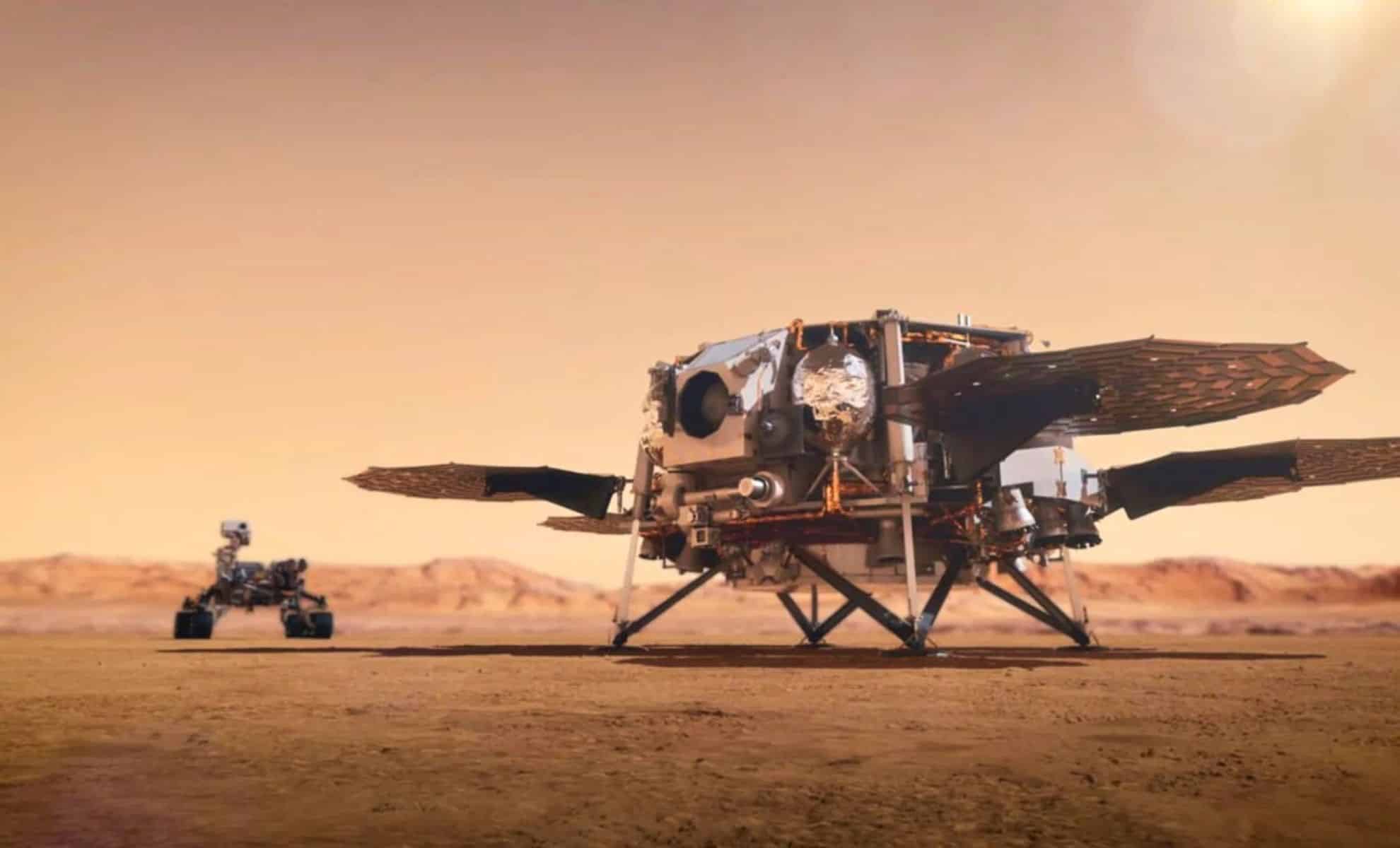

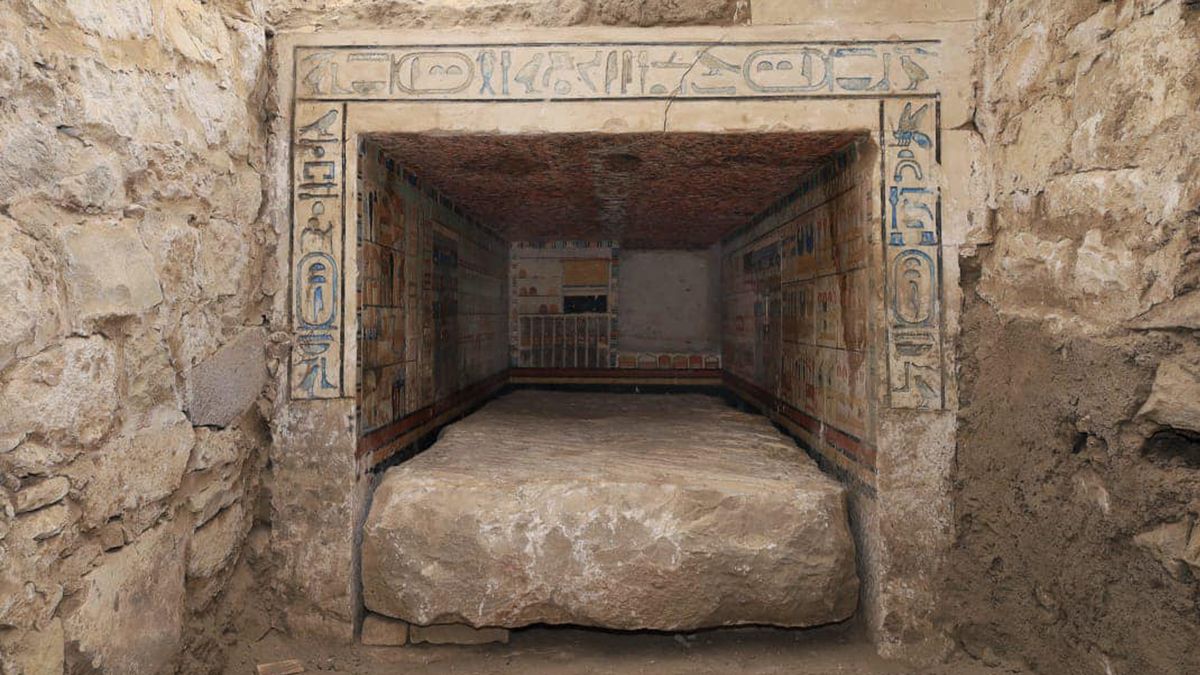


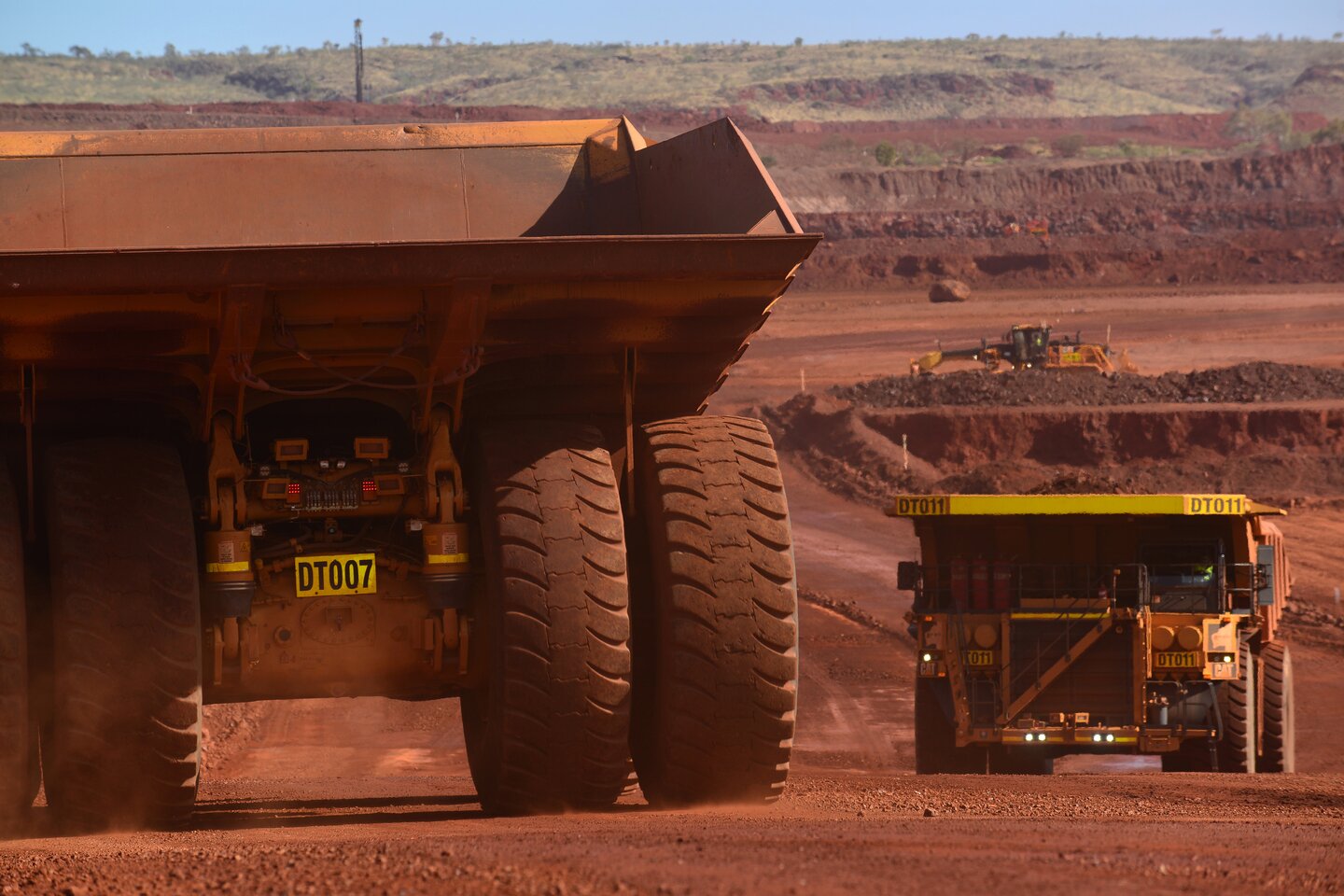
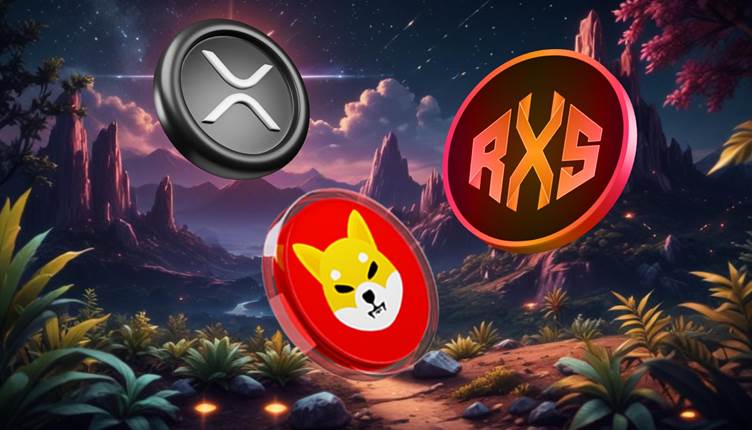
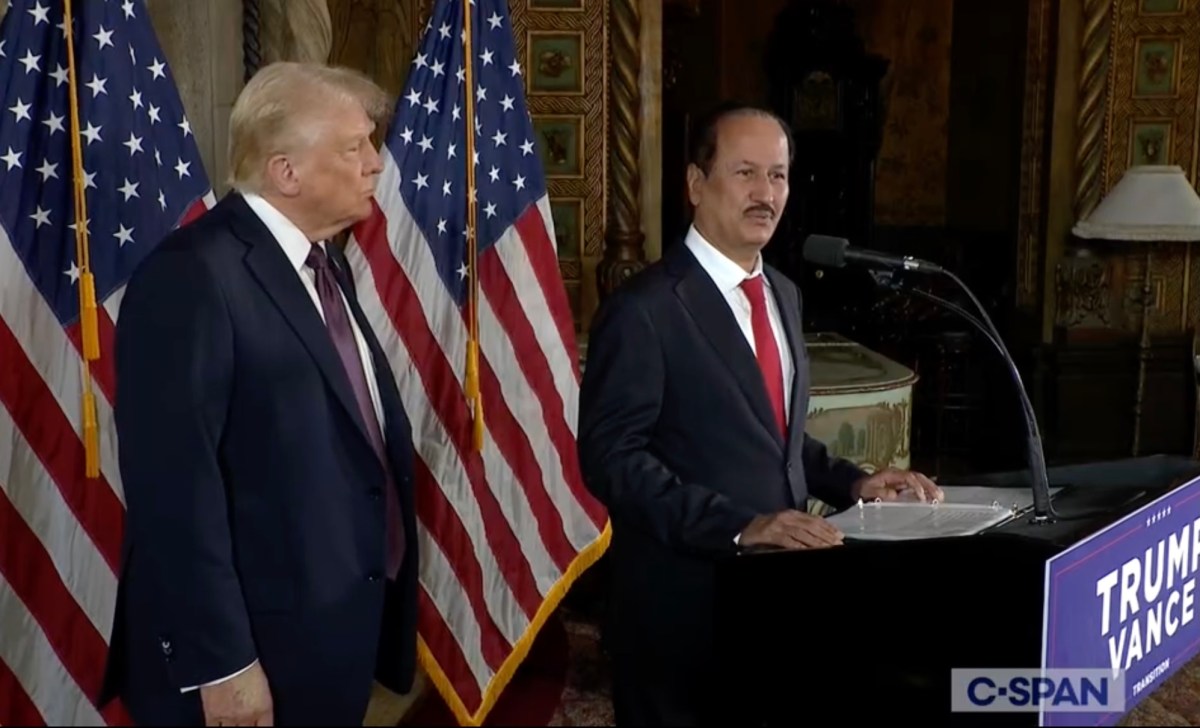

Leave a Comment